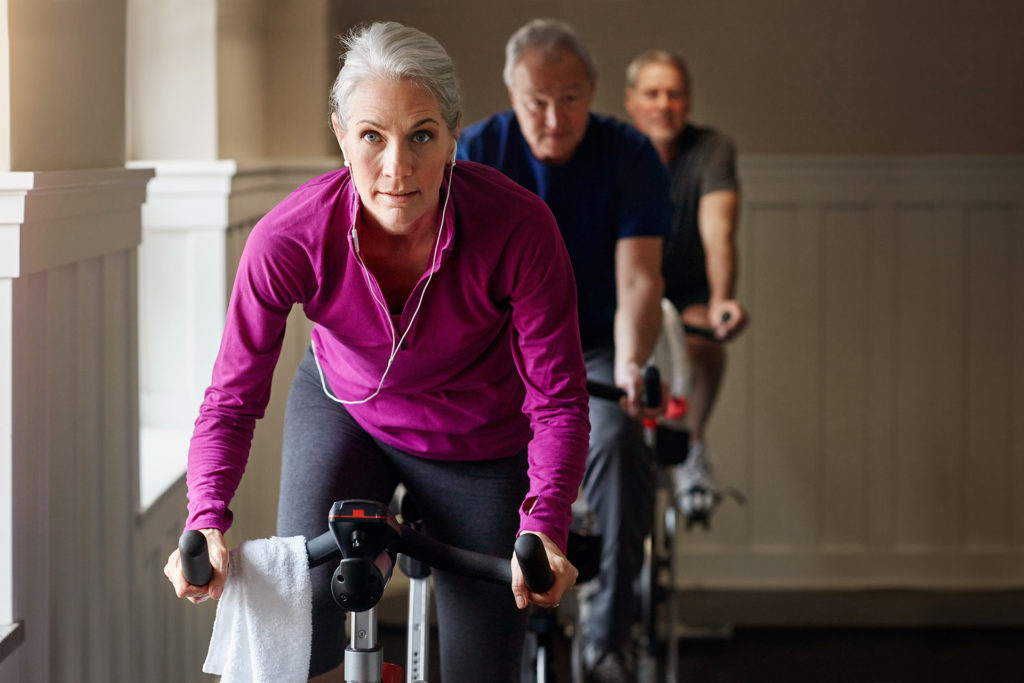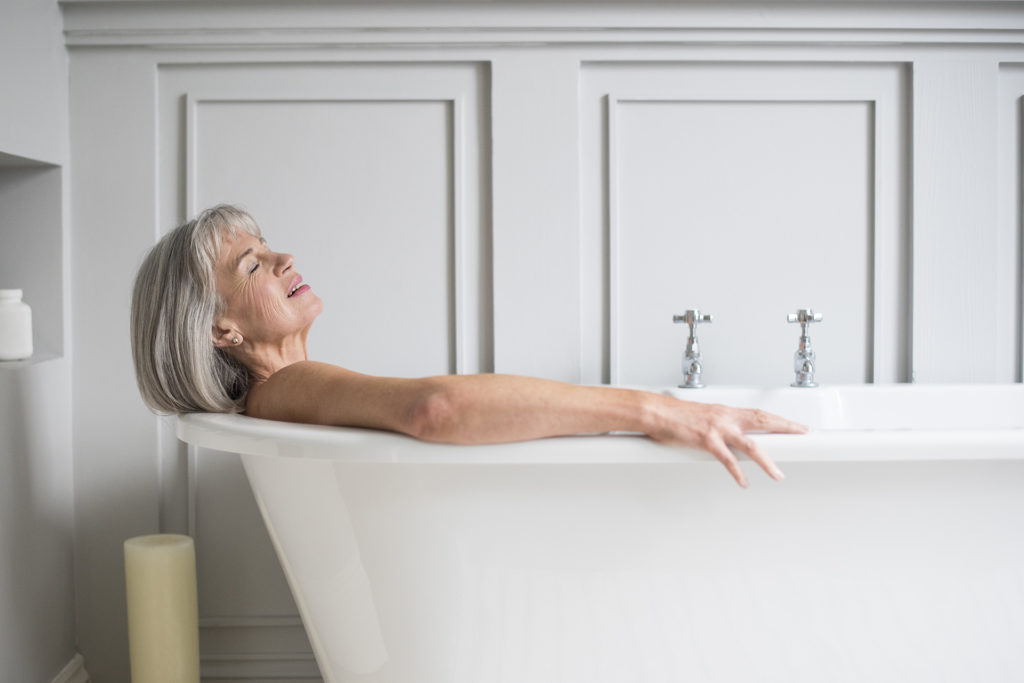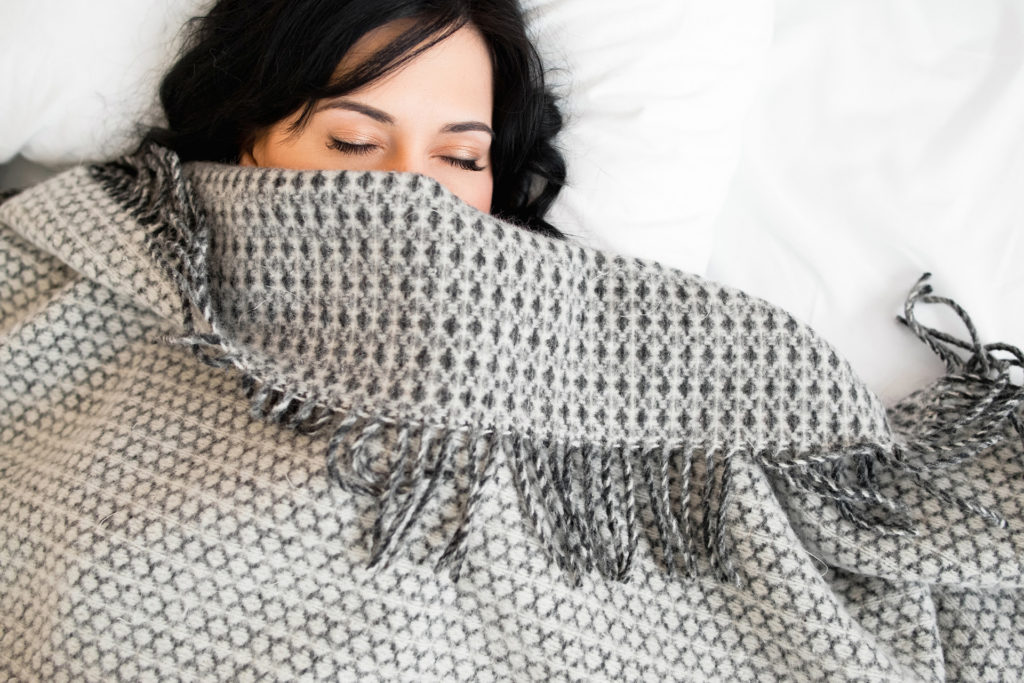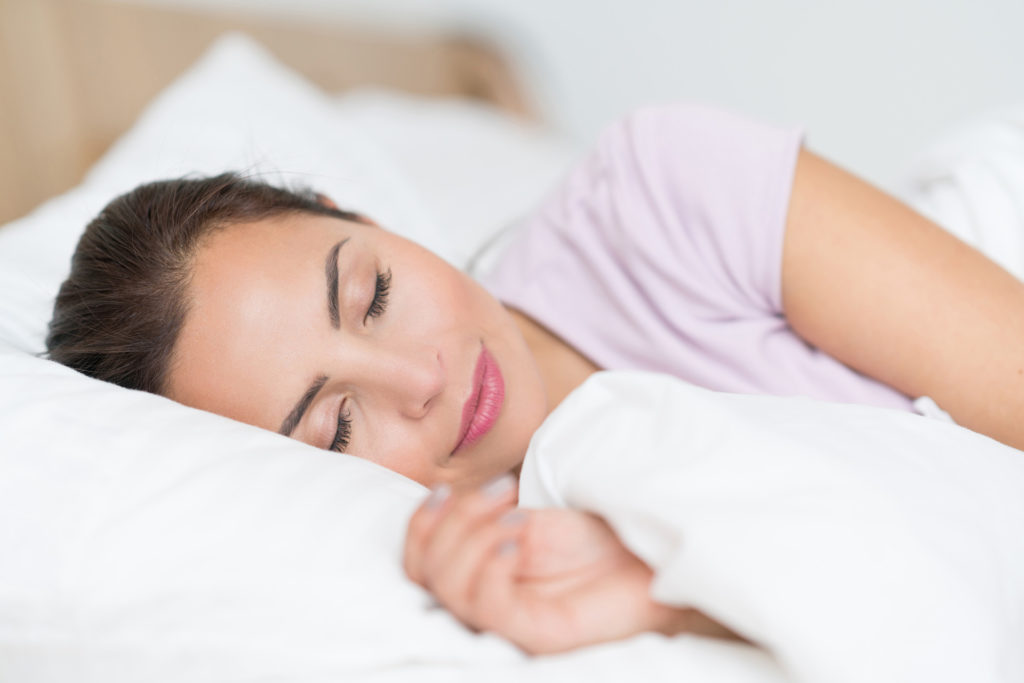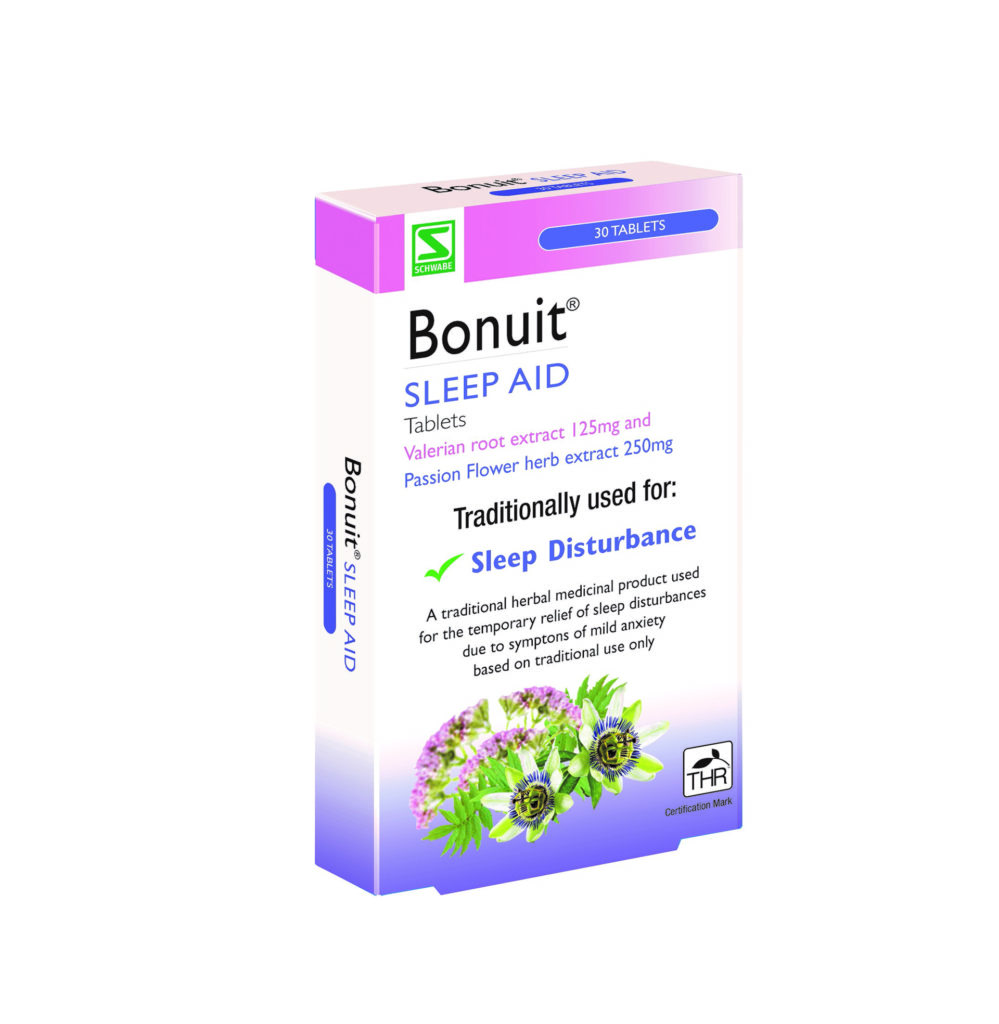9 Out Of 10 Brits Are Not Getting Enough Sleep!
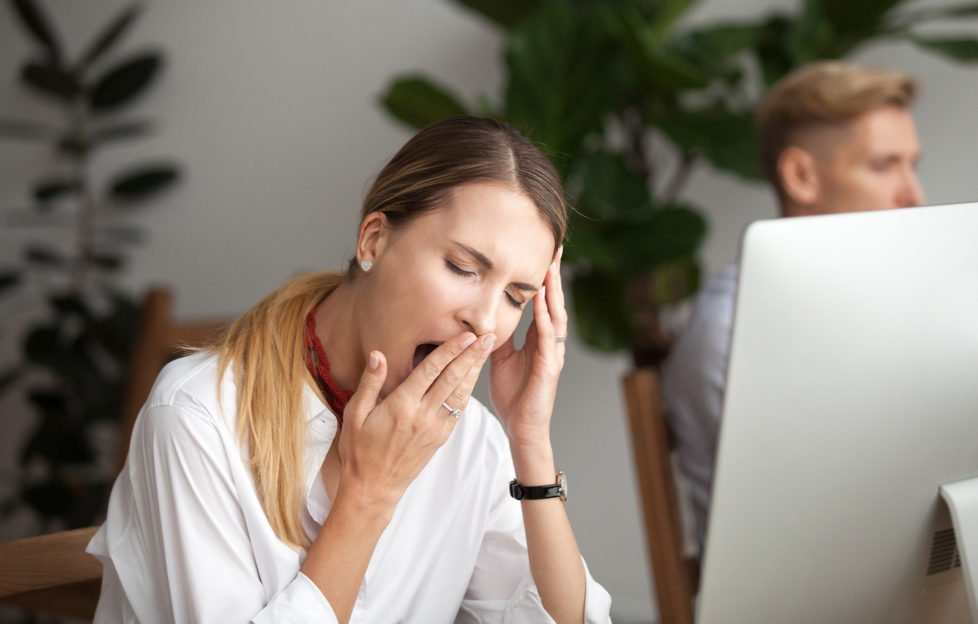
Sleep Expert, Professor Mark Cropley shares his top 10 tips for getting a better night’s sleep on World Sleep Day, March 15.
90% of women and 87% of men experience sleep disturbance AT LEAST once every week! Over one-fifth (21%) of adults under the age of 54 said that they have a broken night’s sleep at least once a week with nearly one in ten (9%) admitting to NEVER having a good night’s sleep. That’s according to latest research commissioned by Bonuit® Sleep Aid – a traditional herbal remedy uniquely combining Valerian and Passionflower.
All of us have a ‘bad night’ from time to time, however, when it is persistent, sleep deprivation can lead to more serious health conditions such as poor memory, lack of concentration, low mood and even depression. Professor Mark Cropley, a Professor of Health Psychology at the University of Surrey and a global expert in the effects of work stress on overall health, including sleep, has some practical advice on how to improve the quality of your sleep.
“Sleep is one of the most important health and well being restorative mechanisms available to us, allowing for recovery from daily stresses and strains. As a result, a good night’s shut eye allows us to function at our very best. Sleep must be continuous for it to be restorative. Sleep loss and sleep disturbance cause performance decrements, fatigue, mood changes and can impair our immune functions. In many cases, sleeping tablets are prescribed when other non-drug therapies have not worked, which treat the symptoms, rather than the causes of sleep disturbance. These prescribed medicines can have unwanted side-effects and may cause dependency. Valerian and Passion Flower have long been associated as natural remedies to aid sleep and improve sleep quality.”
We need at least six hours of sleep a night to recharge our batteries and learn new things the next day, scientists have claimed. Sleep is also important for aiding learning and memory consolidation. Less than half of us are getting just six hours sleep or less a night. And an alarming four out of five people complain of disturbed or inadequate – or ‘toxic’ – sleep.
Youngsters are not getting enough sleep during the night before a school day with nearly one in three (30%) achieving just four to seven hours’ sleep instead of the recommended eight to nine hours for this age group. And almost a quarter (23%) admit they fall asleep watching TV/listening to music or with mobile devices still running more than once a week.
Here are Professor Mark Cropley’s TOP TEN TIPS on how to improve the quality of your sleep:
1
Power naps are generally good for us and 20 minutes is sufficient to turn off the nervous system and recharge the whole body. However, try to avoid longer day-time naps of 30 minutes or more as this is long enough to put you in a deep sleep and leave you feeling groggy when you wake.
2
Steer clear of substances that interfere with sleep such as caffeine, nicotine and alcohol. Although alcohol may help you fall asleep initially, you are likely to have a disturbed sleep once the drugged effect has worn off.
3
Take regular exercise, but avoid strenuous activity late in the evening.
4
Eat a light meal in the early evening; otherwise hunger – a primitive alerting response – can stop you sleeping.
5
Take time to unwind from the stresses of the day before going to bed – read a book, listen to soothing music or have a candle lit bath.
6
If something is worrying you, write it down and promise yourself you’ll deal with it in the morning – don’t take worries to bed with you.
7
Some people find a warm, milky drink before bed helps them relax – hot milk with cinnamon or nutmeg is better than cocoa-based drinks that contain some caffeine. But avoid late drinks if you regularly wake at night to visit the bathroom – a full bladder is guaranteed to disturb your rest.
8
Make sure your bedroom is dark, quiet and a comfortable temperature. Switch off all lights, and fully draw the curtains, which should be well-lined to block out all light. You may need an additional black-out blind during summer. 18 to 22oC is ideal.
9
Replace your mattress every 5-10 years. A good mattress lasts 9 to 10 years, according to the National Sleep Foundation, but consider replacing yours every 5 to 7 years if you don’t sleep well. A US study found that most people who switched to new bedding after 5 years sleep significantly better and have less back pain.
10
Take a relaxing herbal remedy combination, of two key ingredients: Valerian (Valerinan officinalis) and high strength Passion Flower herb extract (Passiflora incarnataL.). Valerian (Valeriana officinalis L.) is known for its positive effect on sleep structure, helping achieve deeper levels of slow wave sleep. Passion Flower has traditionally been used for its benefits in reducing symptoms of stress, such as mild anxiety which can hinder the initial act of falling asleep!
Try Bonuit Sleep Aid
Bonuit Sleep Aid is a traditional herbal medicine uniquely combining Valerian and Passion Flower herbs, and is used for the temporary relief of sleep disturbances due to symptoms of mild anxiety exclusively based upon long-standing use as a traditional remedy. Available in Holland & Barrett and all good pharmacy and health food stores or www.bonuit.co.uk , £9.99 for 30 tablets.
Bonuit Sleep Aid is suitable for vegetarians and is free from lactose, gluten, wheat, soya and corn. Always read the label.
For hints and tips on how to fall asleep in 5 minutes . . .



